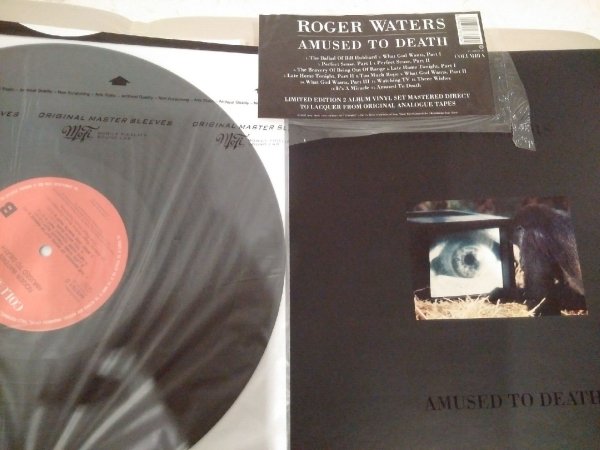Because for a good part it''s a general acoustic ambience due to the reflections of the sounds in the hall that, if I understand it correctly, may be lost, or partially lost, in close-up multi-miking and mixing of all those feeds back together. Therefore, 'adding it all back' would indeed be an artificial addition, or rather artificial modulation of timbre (e.g., a roll-off in high frequencies and/or boosting of lower midrange after capturing the sound linearly by close-miking). And no, the (partial) absence of that warmth does not imply that it should sound, or in fact does sound, 'cold' and 'sterile'. Neutral is not the same as cold and sterile.
There are concert hall acoustics that are rather cold, but musical all the same when the same musicians play whose playing sounds warm in other acoustics, but that is a different matter. 'Musical' is not the same as 'warm', even though warmth is often present in live acoustics.








